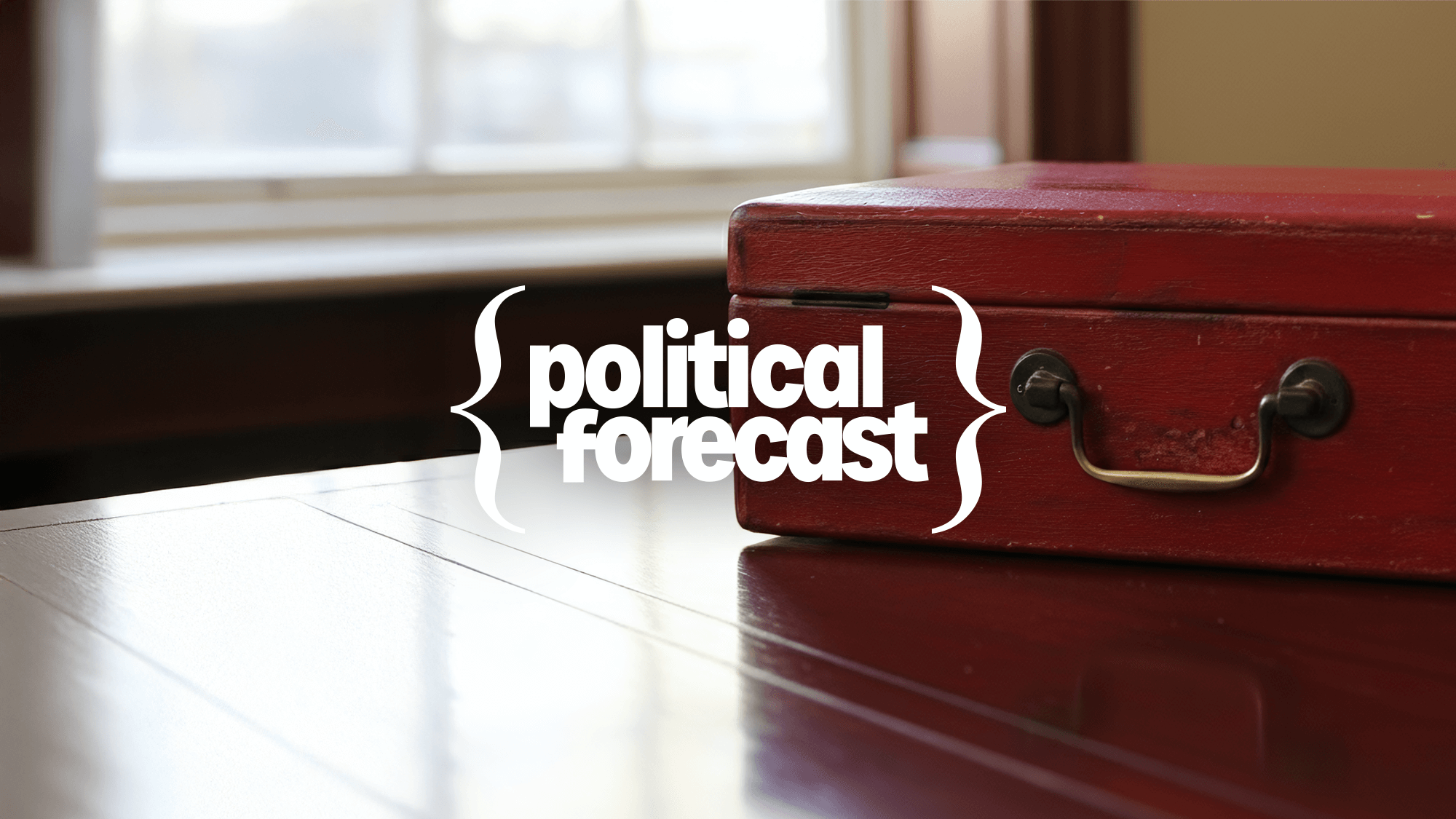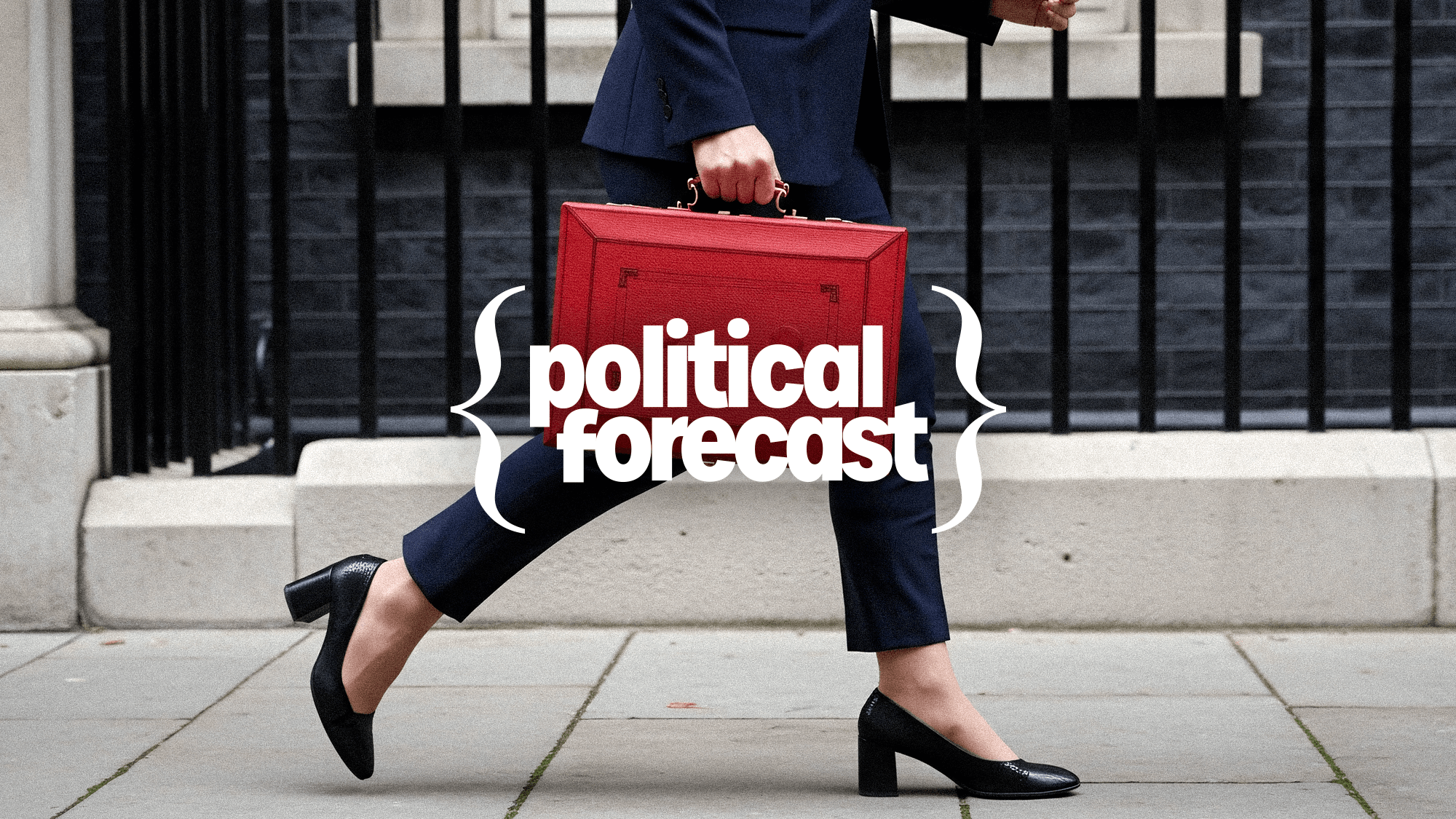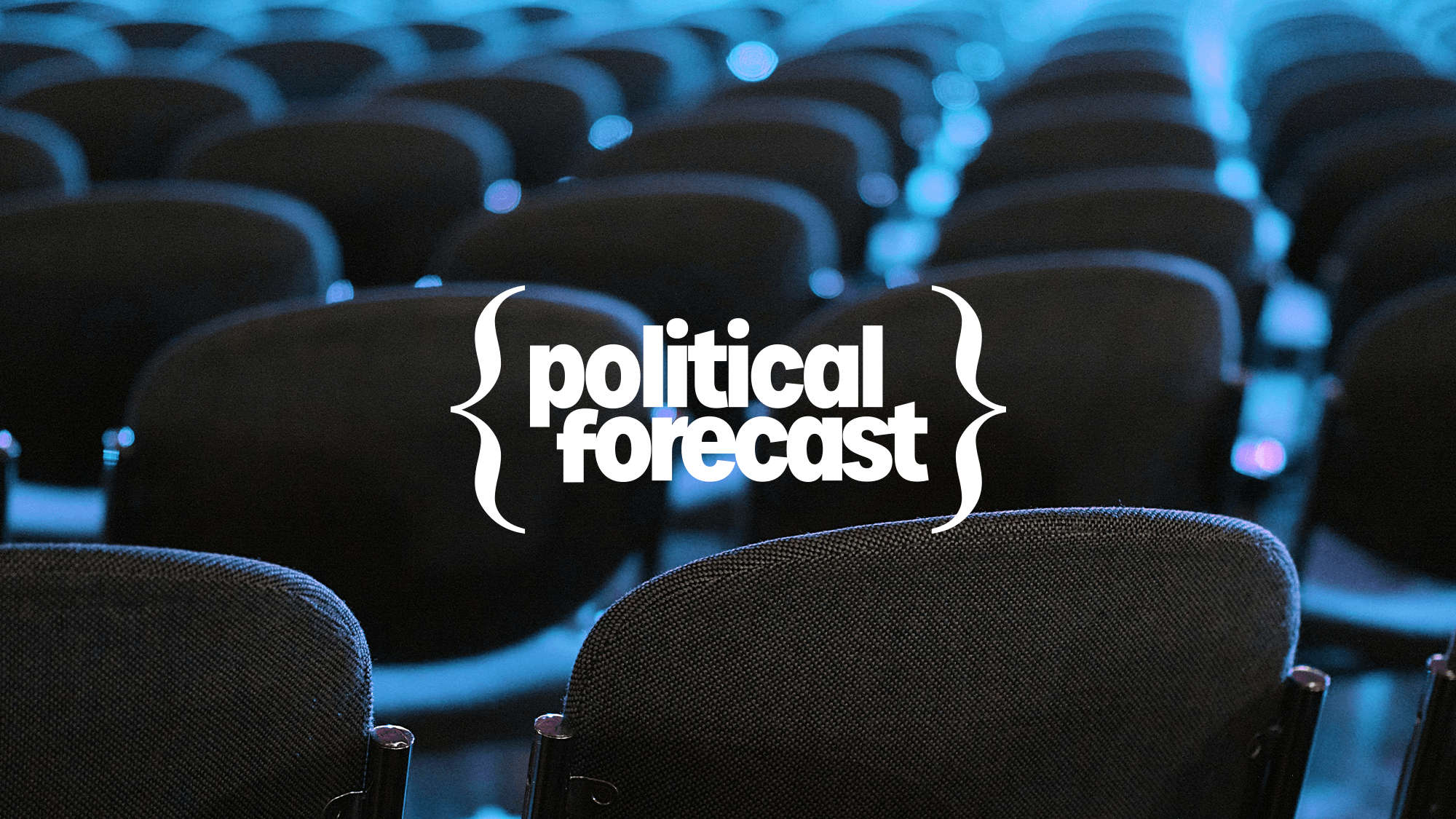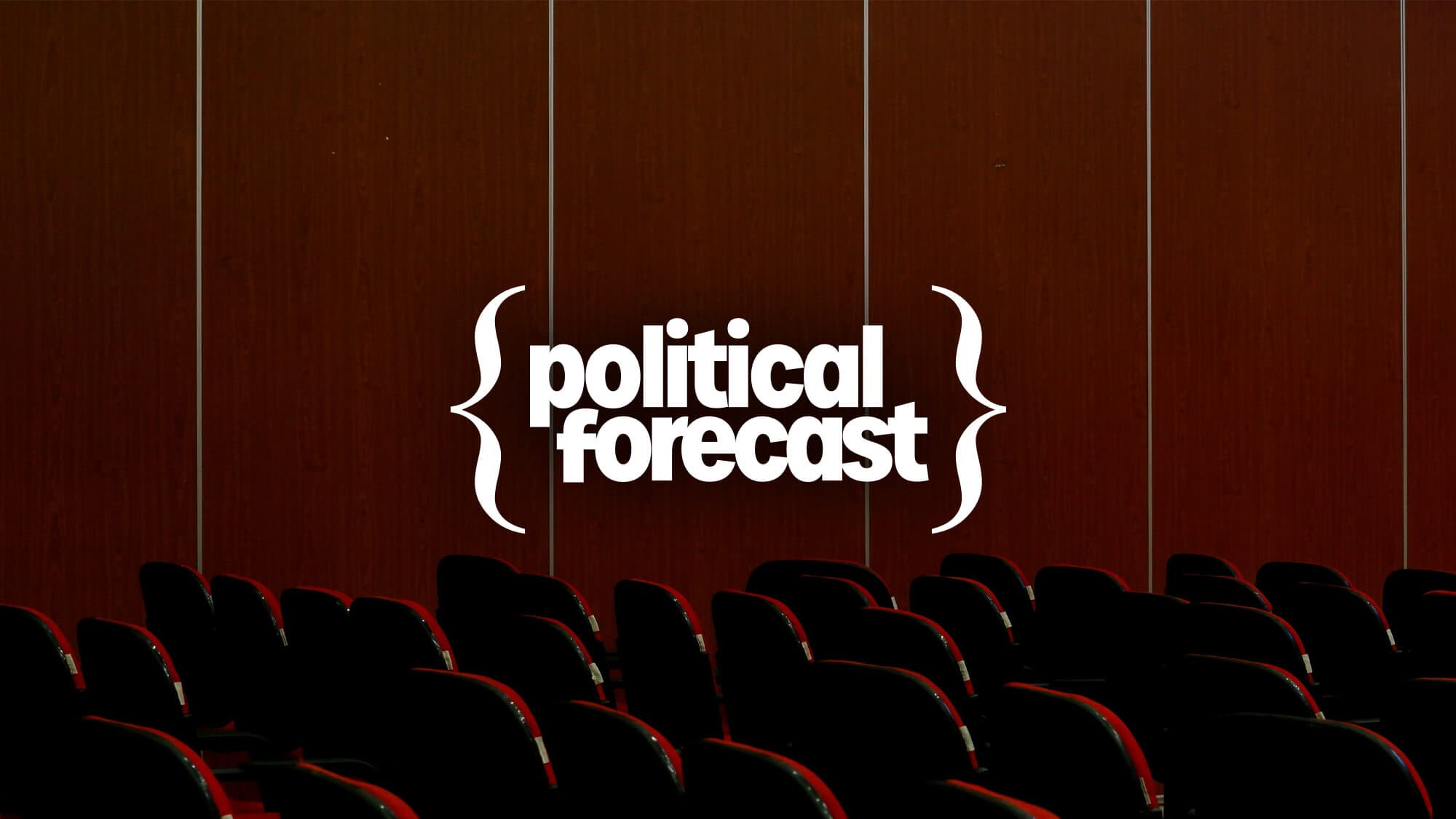
Issue five | From Popularity to Power: why Conservative-to-Reform defections matter for governing credibility
Lucy Harris, Senior Advisor, Weber Shandwick and former Brexit Party and Conservative Party MEP suggests that recent Conservative defections to Reform UK represent a critical shift in enabling the party to move from being seen as a protest movement to a credible governing party in waiting.







